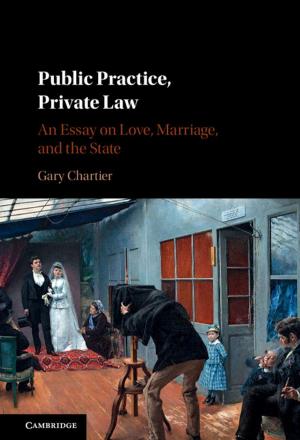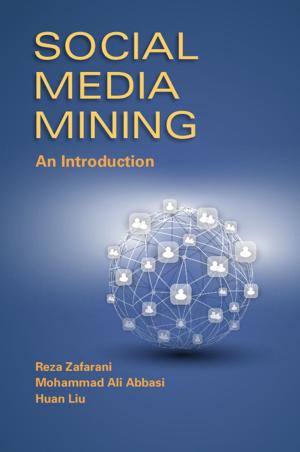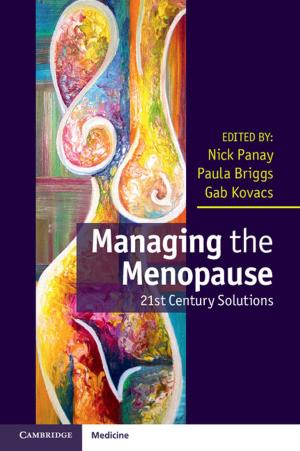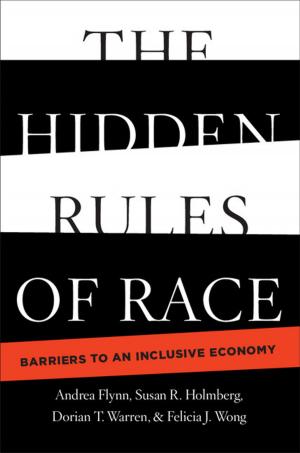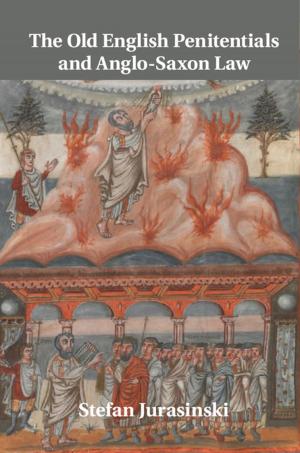Community Lost
The State, Civil Society, and Displaced Survivors of Hurricane Katrina
Nonfiction, Social & Cultural Studies, Social Science, Philanthropy & Charity, Sociology| Author: | Ronald J. Angel, Holly Bell, Julie Beausoleil, Laura Lein | ISBN: | 9781139334143 |
| Publisher: | Cambridge University Press | Publication: | March 19, 2012 |
| Imprint: | Cambridge University Press | Language: | English |
| Author: | Ronald J. Angel, Holly Bell, Julie Beausoleil, Laura Lein |
| ISBN: | 9781139334143 |
| Publisher: | Cambridge University Press |
| Publication: | March 19, 2012 |
| Imprint: | Cambridge University Press |
| Language: | English |
Neither government programs nor massive charitable efforts responded adequately to the human crisis that was Hurricane Katrina. In this study, the authors use extensive interviews with Katrina evacuees and reports from service providers to identify what helped or hindered the reestablishment of the lives of hurricane survivors who relocated to Austin, Texas. Drawing on social capital and social network theory, the authors assess the complementary, and often conflicting, roles of FEMA, other governmental agencies and a range of non-governmental organizations in addressing survivors' short- and longer-term needs. While these organizations came together to assist with immediate emergency needs, even collectively they could not deal with survivors' long-term needs for employment, affordable housing and personal records necessary to rebuild lives. Community Lost provides empirical evidence that civil society organizations cannot substitute for an efficient and benevolent state, which is necessary for society to function.
Neither government programs nor massive charitable efforts responded adequately to the human crisis that was Hurricane Katrina. In this study, the authors use extensive interviews with Katrina evacuees and reports from service providers to identify what helped or hindered the reestablishment of the lives of hurricane survivors who relocated to Austin, Texas. Drawing on social capital and social network theory, the authors assess the complementary, and often conflicting, roles of FEMA, other governmental agencies and a range of non-governmental organizations in addressing survivors' short- and longer-term needs. While these organizations came together to assist with immediate emergency needs, even collectively they could not deal with survivors' long-term needs for employment, affordable housing and personal records necessary to rebuild lives. Community Lost provides empirical evidence that civil society organizations cannot substitute for an efficient and benevolent state, which is necessary for society to function.




